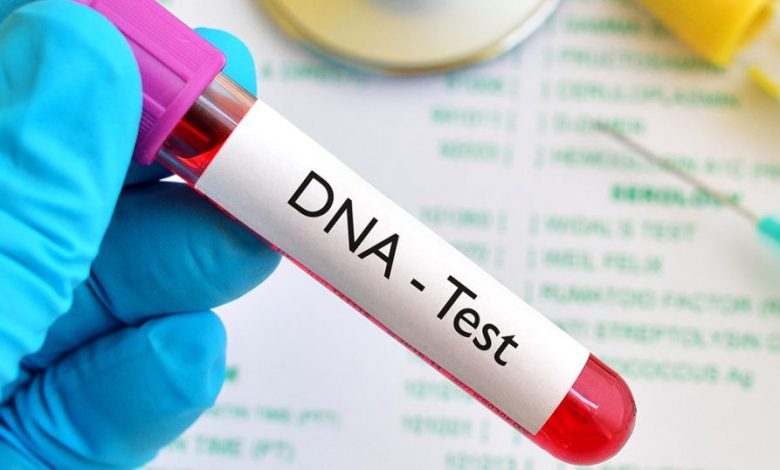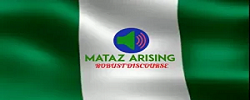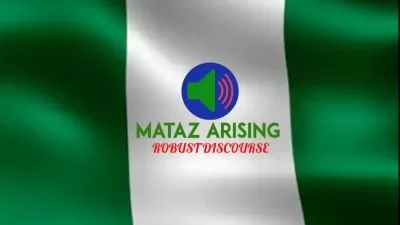
A new report by Smart DNA Nigeria says 25 percent of paternity tests conducted in the country between July 2024 and June 2025 came back negative.
The Lagos-based genetic testing company said this figure, though slightly lower than last year’s 27 percent, highlights a “worrying and consistent trend” in paternity disputes.
In its 2025 Annual DNA Testing Report released this week, Smart DNA said the results expose deeper issues of trust, family structure, and legal uncertainty in Nigerian households.
Elizabeth Digia, operations manager at Smart DNA, said the data is “not just about science” but also reflects the emotional, legal, and economic tensions affecting families.
“Our role is to provide certainty through accurate testing while encouraging sensitive handling of the life-changing information our clients receive,” she said.
The report found that firstborn children, particularly boys, were far more likely to be excluded in paternity tests, with firstborn sons recording a 64 percent exclusion rate.
It also revealed a sharp rise in immigration-related DNA testing, which now accounts for 13.1 percent of all tests, up significantly due to the ongoing “Japa” emigration wave.
“Many of our clients are dual-citizenship families processing DNA documentation for children, often as part of long-term emigration plans,” the report said.
According to the data, 88.2 percent of paternity tests were initiated by men, with older men aged 41 and above accounting for nearly half of all test requests.
Children between the ages of 0 and 5 made up 58.6 percent of those tested, up from 54 percent last year, suggesting parents are seeking early clarity to avoid future complications.
The report showed Lagos still leads in DNA test demand with 69 percent of all cases, but interest has shifted from the Mainland to the Island, led by Lekki, Yaba, Ajah, and Ikorodu.
Yoruba families made up 53 percent of the test population, followed by Igbo at 31.3 percent, while Hausa participation was just 1.2 percent, pointing to cultural reluctance in some regions.
Most tests, 83.7 percent, were conducted for “peace of mind” rather than legal disputes, while only 1.4 percent were court-mandated.
More male children were tested than females, with 53.8 percent of samples coming from boys, which the company says may reflect cultural emphasis on male lineage.
The report calls for urgent legal reforms, noting that Nigeria currently lacks specific laws addressing paternity fraud, unlike countries like South Africa.
Smart DNA clarified that its data is based on actual test cases and should not be used to generalise about all Nigerian families.
“Our figures reflect those who already had reason to question paternity,” the company said.

1SUBSCRIBE TO OUR NEWSLETTER NOW
Support MATAZ ARISING’ journalism of integrity and credibility.
Good journalism ensure the possibility of a good society, an accountable democracy, and a transparent government.
We ask you to consider making a modest support to this noble endeavour.
TEXT AD: To advertise here – Email ad@matazarising.com
LATEST POSTS
Alaafin vs Ooni: Who blinks first in royal rumble

MaTaZ ArIsInGDallas, Texas Correspondent Yinka Adeniran traces the root cause of the confrontation between the Alaafin of Oyo, Oba Akeem Owoade, and the Ooni of Ife, Oba Adeyeye Ogunwusi, on the conferment of a chieftaincy title on Ibadan business mogul, Chief Dotun Sanusi. The hitherto peaceful relationship between two foremost traditional rulers in the Southwest- Alaafin of…
FULL LIST: Six requirements for U.S. visa applicants in Nigeria

MaTaZ ArIsInGDallas, Texas The United States Mission in Nigeria on Monday issued a new directive to visa applicants, mandating the disclosure of all social media usernames and handles used over the past five years as part of the visa application process. The directive, announced in a post on the Mission’s official X account on Monday,…
Approves Slash Of Dialysis Cost From N50,000 To N12,000 For Kidney Patients

MaTaZ ArIsInGDallas, Texas •Effective already in FG hospitals across the six geo-political zones President Bola Tinubu has approved a significant subsidy to reduce the cost of dialysis treatment for Nigerians, cutting the price per session from N50,000 to N12,000. This initiative is aimed at alleviating the financial burden on thousands of Nigerians suffering from kidney-related…













